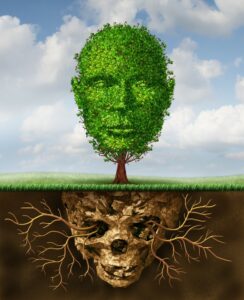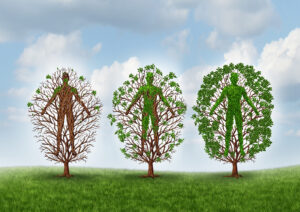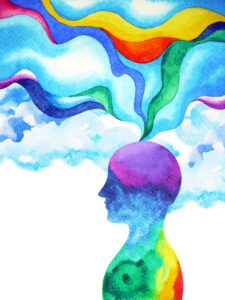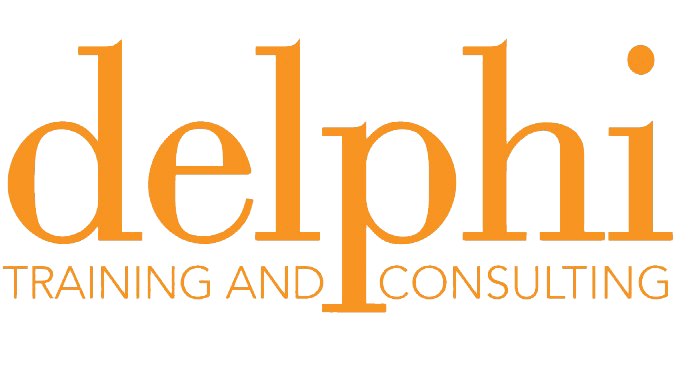On 1 April 2022, in New York, NY, Judge Alison Nathan denied Ghislaine Maxwell’s motion for a new trial. Judge Nathan stated, “To infer Juror 50 was biased – simply because he was himself a victim of sexual abuse …. would be tantamount to concluding that an individual with a history of sexual abuse can never serve as a fair and impartial juror, that is not the law, nor should it be.”
Social media lit up. Commentary ranged from relief to outrage. Greg Barns SC said it was “A disgraceful decision. This juror admitted making his decision on information other than the evidence. In Australia and UK a retrial would be ordered.”
Lawyers for Maxwell argued that her four accusers were motivated by the hope of financial gain and that their memories were flawed. I explored casting dispersion on the memory of sexual abuse victims in ‘False Memory Syndrome’: A Short History and the complexities of memory Trauma And Memory: What We Know, What We Don’t Know And What We Know But Don’t Know We Know .
On 30 December 2021, Maxwell was found guilty on five of six counts she faced. She requested a new trial in January when Juror 50 told the media he had been sexually abused as a child. It was found he answered ‘no’ to a question in a pre-trial screening questionnaire asking about past sexual abuse. Maxwell’s lawyers said they would have disallowed Juror 50 from the panel if he had answered honestly. Questions arose as to whether he deliberately lied about his history of sexual abuse, someone who had been sexually abused could be impartial in such a trial, he made his decision based on information other than the evidence and he influenced other jurors. Maxwell’s lawyers argue that she has been denied the right to a fair trial.
The Maxwell case has changed direction. It began questioning if the accusers’ memories were faulty and motivated by financial gain. It now centres around whether Maxwell received a fair trial. This is a case that understandably triggers strong emotions and opinions. However, the above are separate issues and should not be confused or conflated.
Maxwell’s accusers’ memories may be faulty in parts but “two things, even though they are seemingly opposed, can both be true. A memory can be by and large accurate, but also prone to errors.” I agree with Judge Nathan that a person with a history of sexual abuse can also be a fair and impartial juror in such a case. Further, given the prevalence of sexual abuse, assault, rape and other traumatic crime (55 – 70% of adults experience some kind of traumatic event at least once in their lifetime and 14 – 43% experience at least one traumatic event during childhood), screening such people from jury selection would make exclusion criteria unrepresentative of society and discriminatory.
As a trauma therapist following the trial of Maxwell (and the charges against deceased Jeffrey Epstein), I believe the plaintiffs accusations. I add, this is not indiscriminately believing any allegation of abuse but from decades of experience working with victim-survivors. I will discuss the complexities of therapists’ opinion and clinical considerations when working with clients who allege abuse in my next article about therapeutic neutrality.
I am not a lawyer and cannot comment on the rules of law Judge Nathan applied to her decision.
Maxwell is before the court for sentencing on 28 June. She faces up to 65 years in prison.







